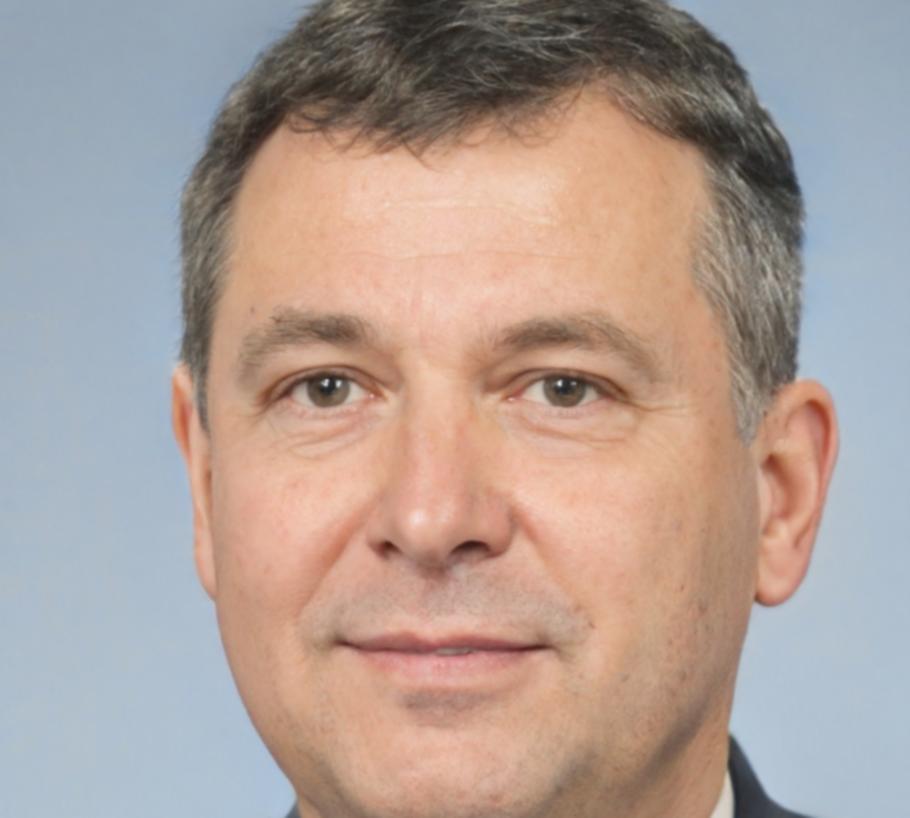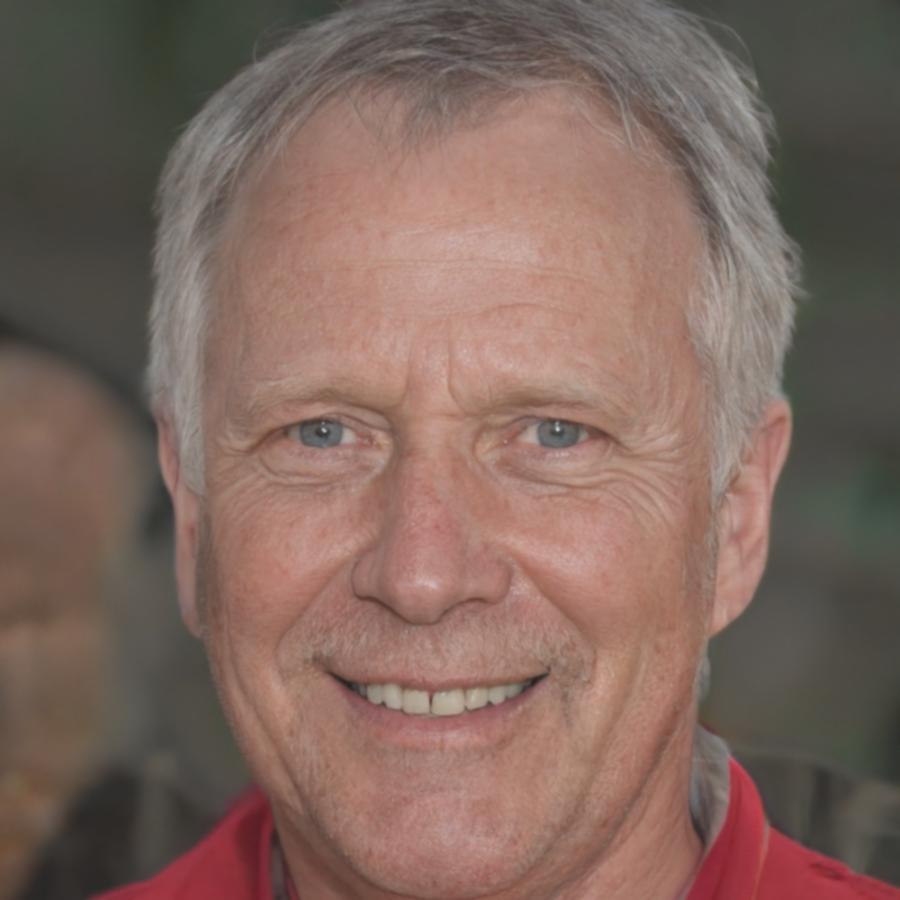Learn Personal Finance from People Who Actually Practice It
Our September 2025 cohort brings together three instructors who've spent years helping real people make sense of their money. Not theory. Not textbook scenarios. Just straightforward guidance from folks who've been there.
Reserve Your Spot
Meet Your Instructors
Three professionals who found their way through personal finance challenges and now help others do the same. They've made mistakes, learned from them, and built systems that actually work.

Voravit Thongsuk
Expense Tracking Specialist
Spent seven years figuring out why his bank account always ran dry before payday. Now teaches the tracking system he built after realizing budgets don't work if you can't see where money goes. His approach? Write everything down for 30 days, then look at patterns.

Pathompong Rattanawong
Debt Management Guide
Cleared 340,000 baht in consumer debt over four years while supporting his family. Teaches the psychological side of debt reduction because, in his words, "math is easy, but facing your credit card statement at 3am takes courage." Prefers small wins over aggressive payoff plans.

Jetsada Wongprasert
Savings Strategy Coach
Built an emergency fund from scratch after a medical bill wiped out his savings in 2020. Focuses on realistic saving approaches for people who think they can't afford to save. His starter recommendation? Five hundred baht per month, no excuses, no exceptions.
How the Program Actually Works
Weekly Group Sessions with Direct Feedback
Every Tuesday evening, the group meets for 90 minutes. You bring your questions, your spreadsheets, your confusion about whether that subscription is worth keeping. The instructors walk through real scenarios from the group. Sometimes we spend 20 minutes just talking through one person's grocery spending because that's what everyone needs to hear.
Peer Review That Makes You Think
Once a month, you'll swap expense reports with another participant. Not to judge. To learn. You'll see how someone else categorizes their spending, what patterns they've noticed, where they're struggling. Then you meet for coffee (or video chat) and talk about what you both discovered. Some of our best insights come from these conversations.
Small Cohorts Mean Actual Relationships
We cap groups at 12 people. This isn't a lecture hall situation. By week three, you'll know everyone's name and their biggest financial concern. By week eight, you'll have a support network of people who understand why you're stressed about that car repair. And if someone misses a session, we notice.
Practice Sessions with Real Numbers
You'll spend time in breakout groups working through actual scenarios. Not made-up examples. Real situations submitted by participants. How do you handle irregular income? What about when your partner spends differently than you? These sessions get messy and honest, which is exactly what makes them useful.
